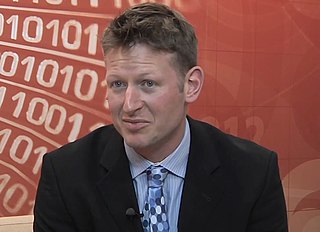Top 19 Quotes & Sayings by Mark Lynas
Explore popular quotes and sayings by a British author Mark Lynas.
Last updated on April 19, 2025.
An outdated view still prevails that a low-carbon lifestyle requires immense personal suffering and sacrifice. In my view, nothing could be further from the truth. All the evidence shows that people who do not drive, do not fly on planes, do shop locally, do grow their own food, and do get to know other members of their community have a much higher quality of life than their compatriots who still persist in making the ultimate sacrifice of wasting their lives commuting to work in cars.



















